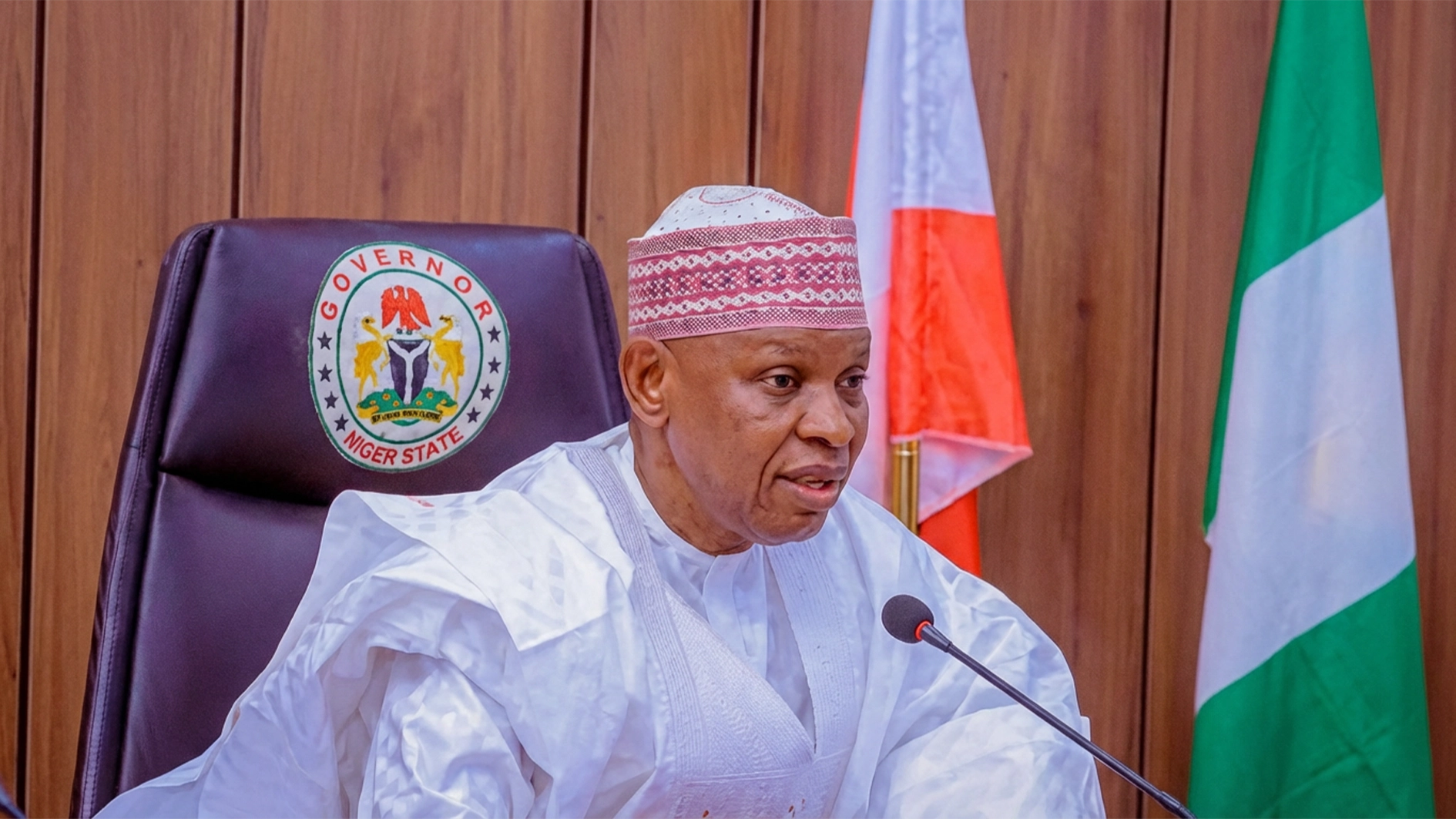A US-based public health expert, Clotilde Monguya, has warned against discrimination and stigmatisation of Sickle Cell patients.
His call was backed by Chrisbo HB Champions’ Club, Ibadan Nurse Adedayo Ayeni, and public policy advocate, Rev.Niyi Dahunsi
at the 2025 World Sickle Cell Day organised by Chrisbo HB Champions’ Club in collaboration with Africa Investment Consulting, held at Akobo, Ibadan, the Oyo State capital.
The programme featured the distribution of hand bands, awareness campaigns, awards, games, blood donations, and others.
Monguya said it was imperative to make life better, productive and meaningful for Sickle Cell patients. She added that they needed to be catered for.
She said: ” A lot of diseases carry the same, the sickle cell affects not only the patient but affects the family, the mother, the community. And it’s due to a lot of factors; this is multi-factorial.
”Most importantly, it is important to educate our policymakers about the plan of the disease, and also to have the policymakers involved in that policy. That puts the patient in the centre and respects the situation. In other ways, the stigmatisation should stop.
On his part, Mr Adegoke Akinloye, the Secretary of the Champions’ Club, representing Dr Bose Ola, also warned against discrimination and stigmatisation.
He said: ”Today we are marking World Sickle Cell Day and we want to advocate for our patients. We also want to make public note of some of the things that our Sickle Cell patients need and want to campaign against discrimination and stigmatisation. They are champions. So that’s why we are here today”.
A Nurse, Ayeni who spoke on HIV and other health-related issues, called on the government to support Sickle Cell patients financially and put them into consideration in policy-making, as regards their health.
In his remarks, Rev Niyi Dahunsi said the programme was to raise voices for millions affected by a condition that often goes unseen and misunderstood — Sickle Cell Disease.
“Sickle Cell Disease, or SCD, is a genetic blood disorder that distorts red blood cells into a sickle shape, making it hard for them to carry oxygen through the body. This causes intense pain, organ damage, strokes, infections, and for many, an exhausting cycle of hospital visits and uncertainty. It affects millions worldwide — especially in Africa, the Middle East, India, and among people of African descent in the diaspora.
“The theme of this year’s World Sickle Cell Day — Breaking Barriers, Building Hope, Enhancing Lives — isn’t just a slogan. It’s a mission.






